Our Digital Transformation Partners in AgTech Industry






Quick. Scalable. AI-Powered.
Tailored for Food Service Establishments, Producers, Processors, Packers & Retailers
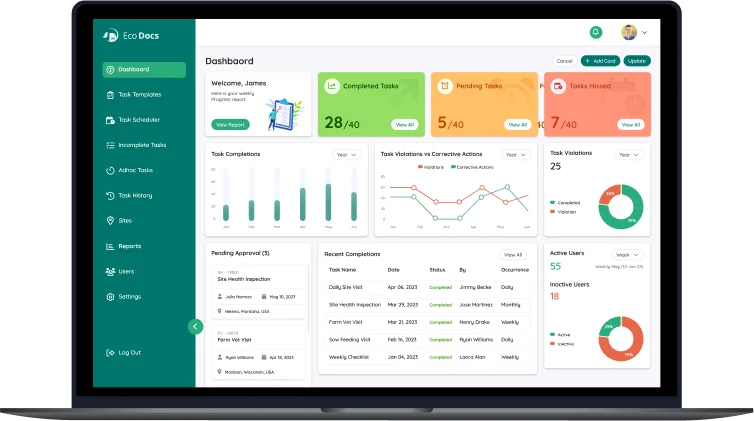






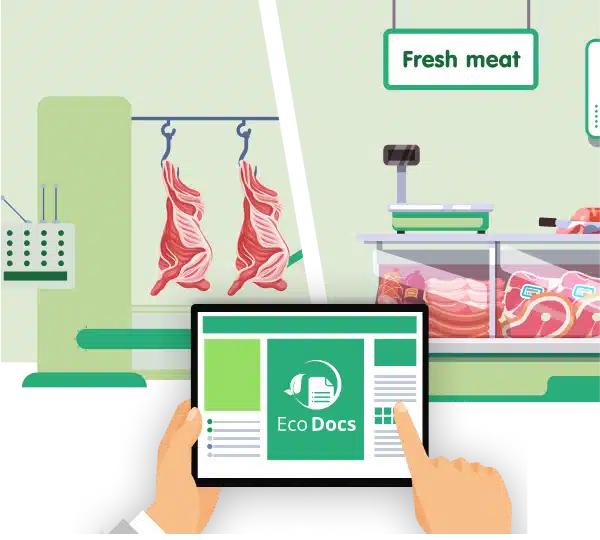
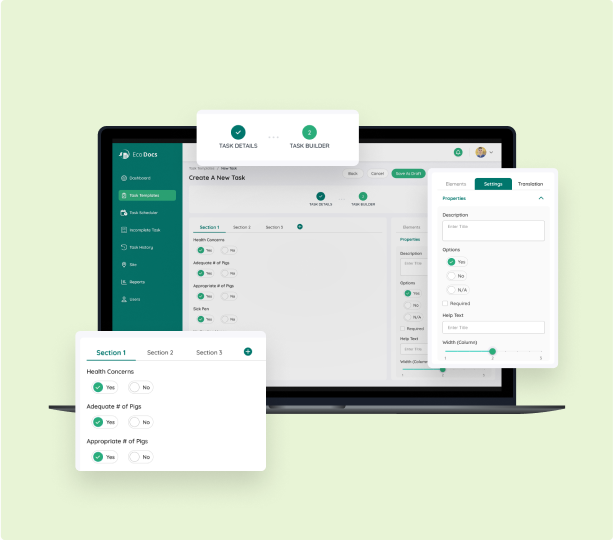
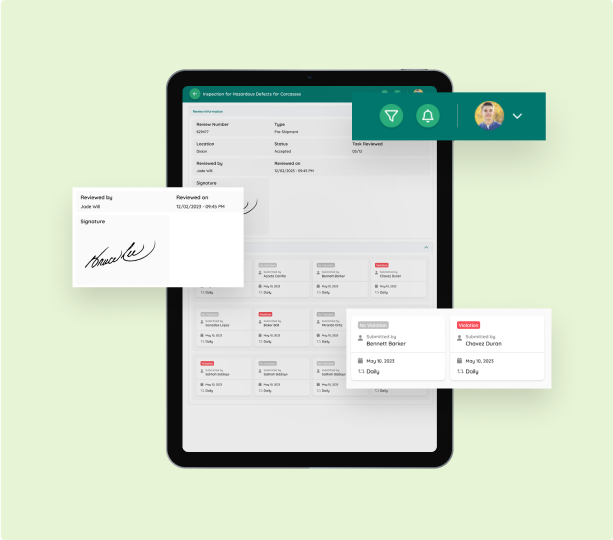
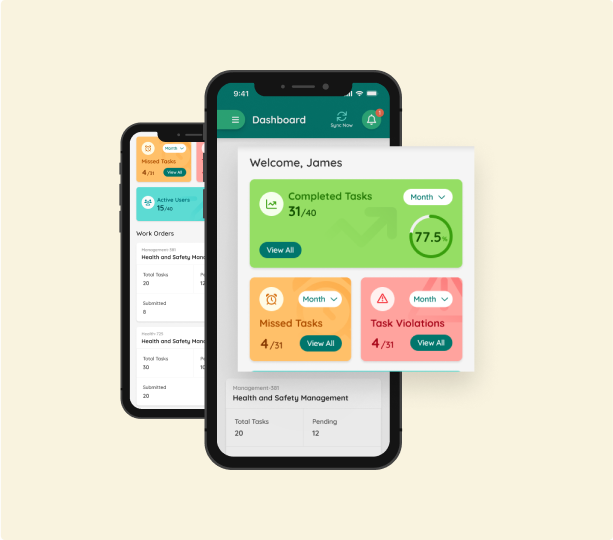
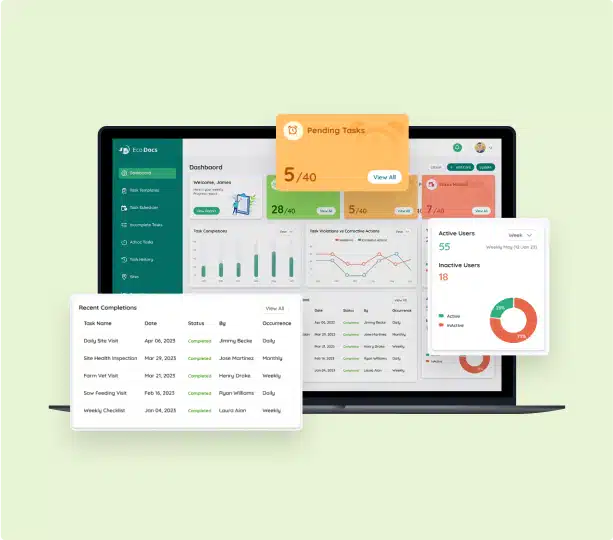

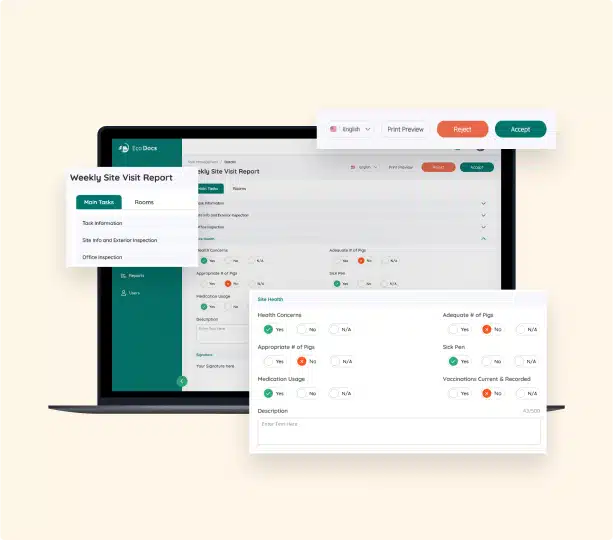
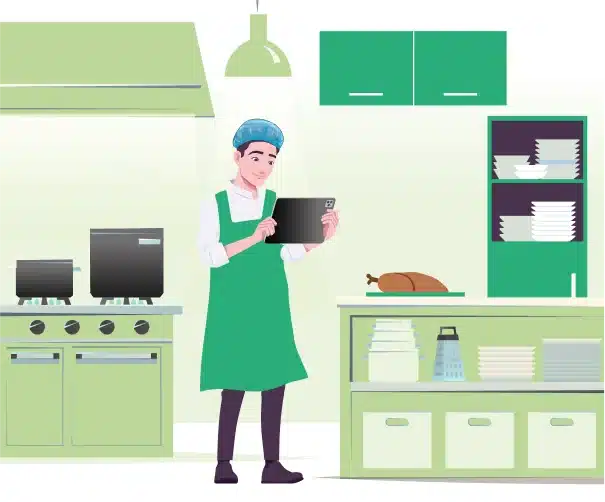
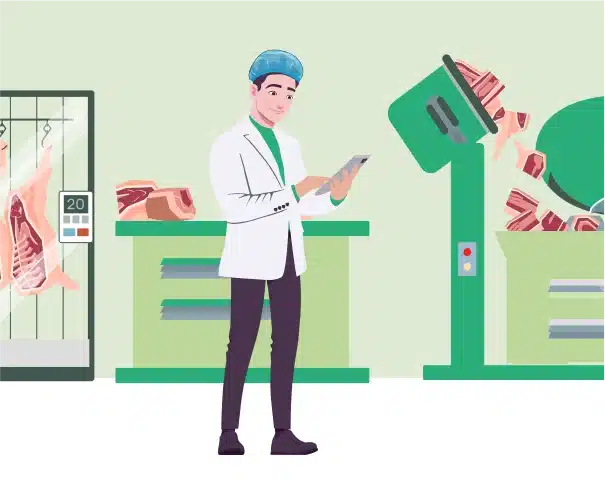
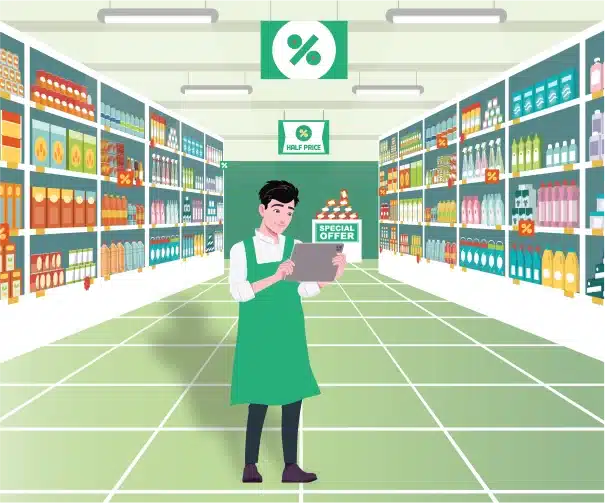
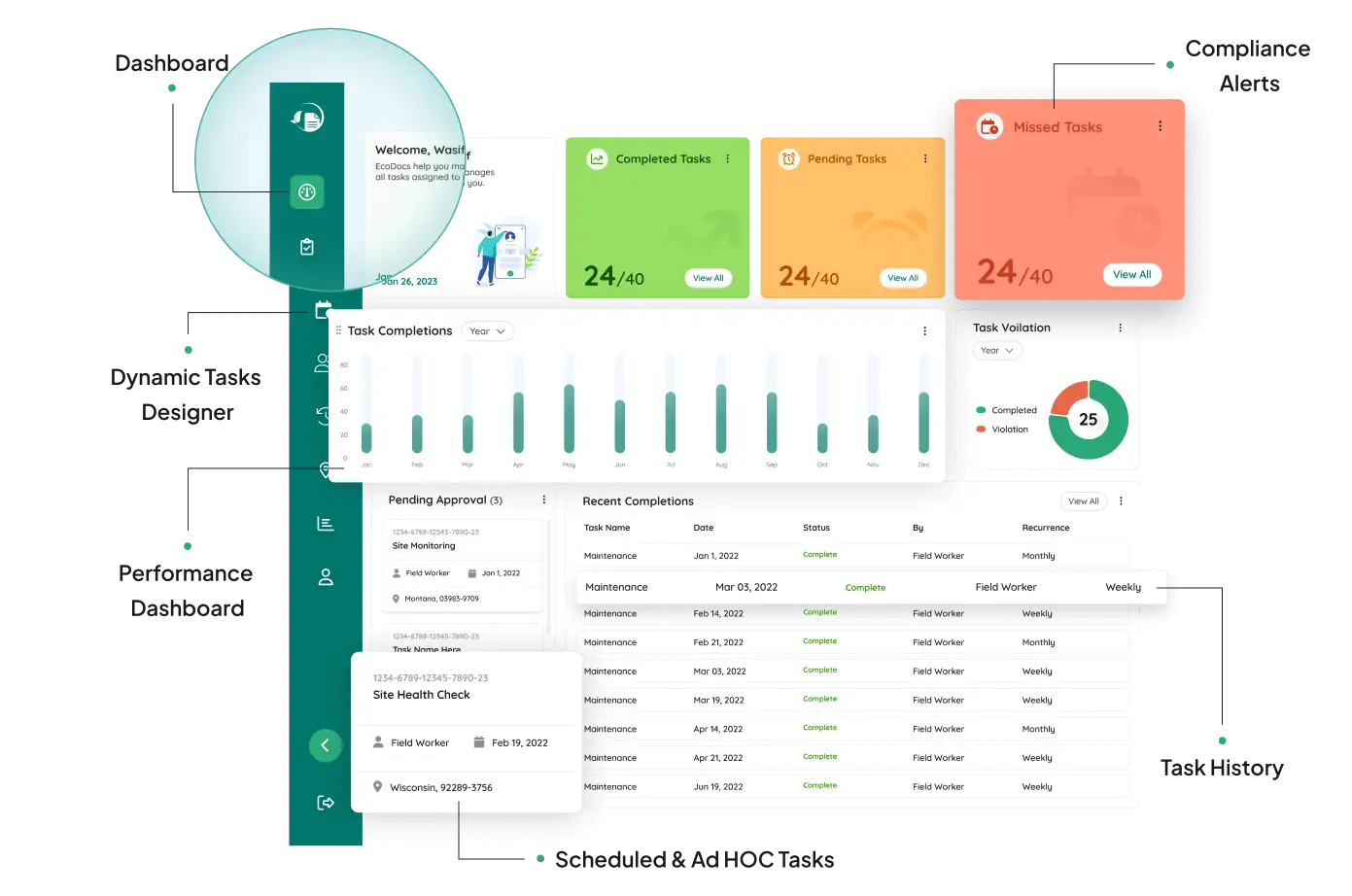

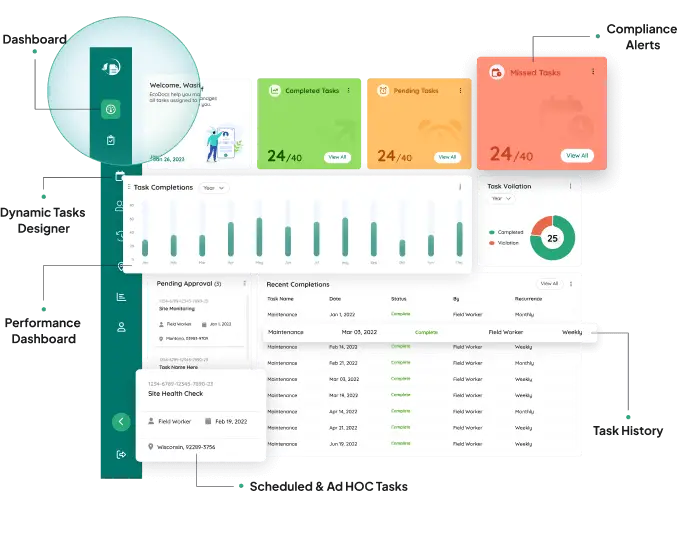

A renowned market leader in the meatpacking industry with more than 1000 family ranch partners.
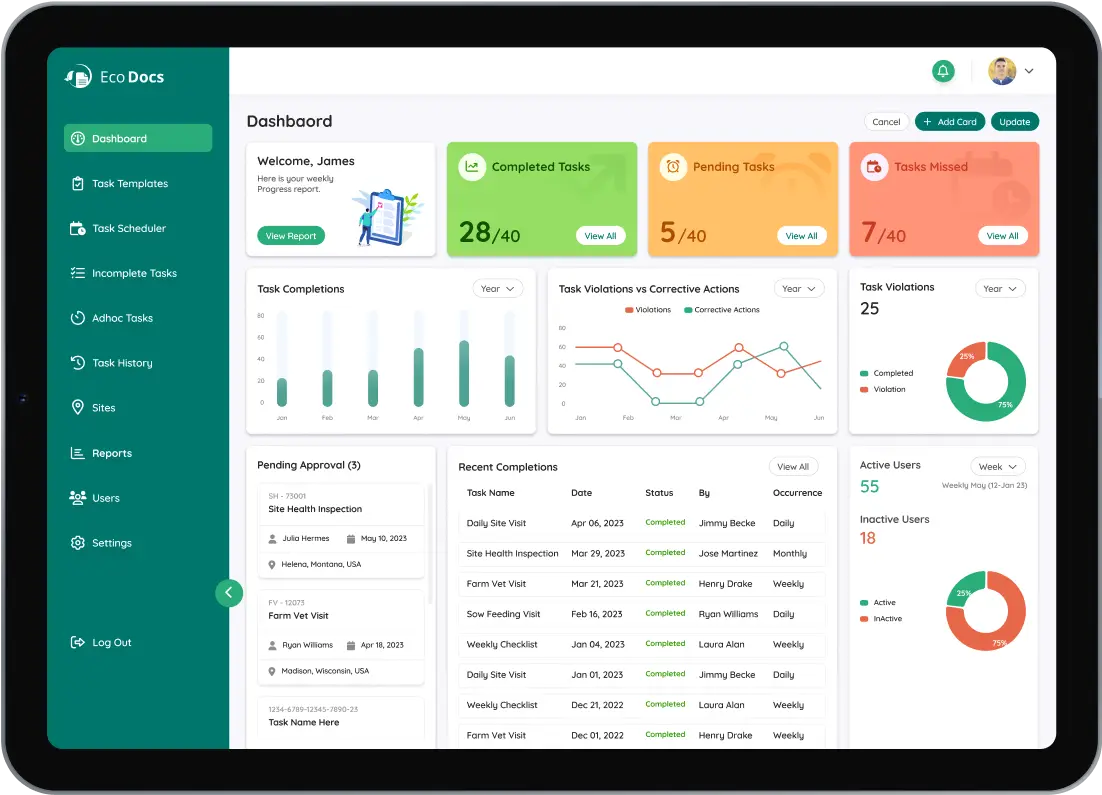
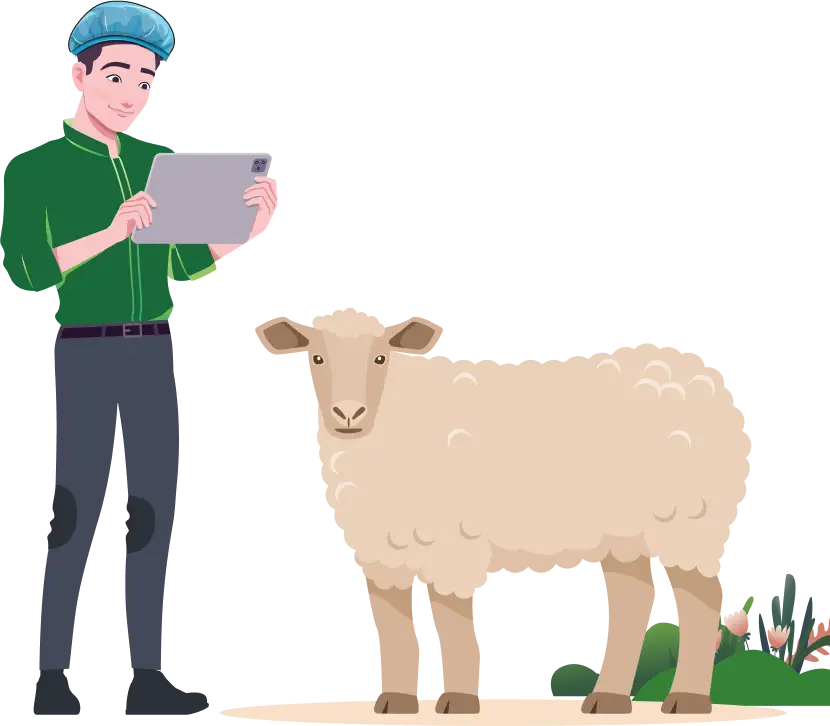
To improve operational efficiencies by eliminating paper-based reviews & forms that delayed incident reporting.
Automate & digitised Pre-shipment, record reviews & other forms to save time and take preventive measures against violations with automatic reminders & alerts.
The implementation of Ecodocs provided Superior Farms with significant benefits.
Connect your team members at different locations and devices through our all-in-one food safety compliance software.



Get a Free Consultation Within 24 Hours, with a No-Obligation Ballpark Estimate